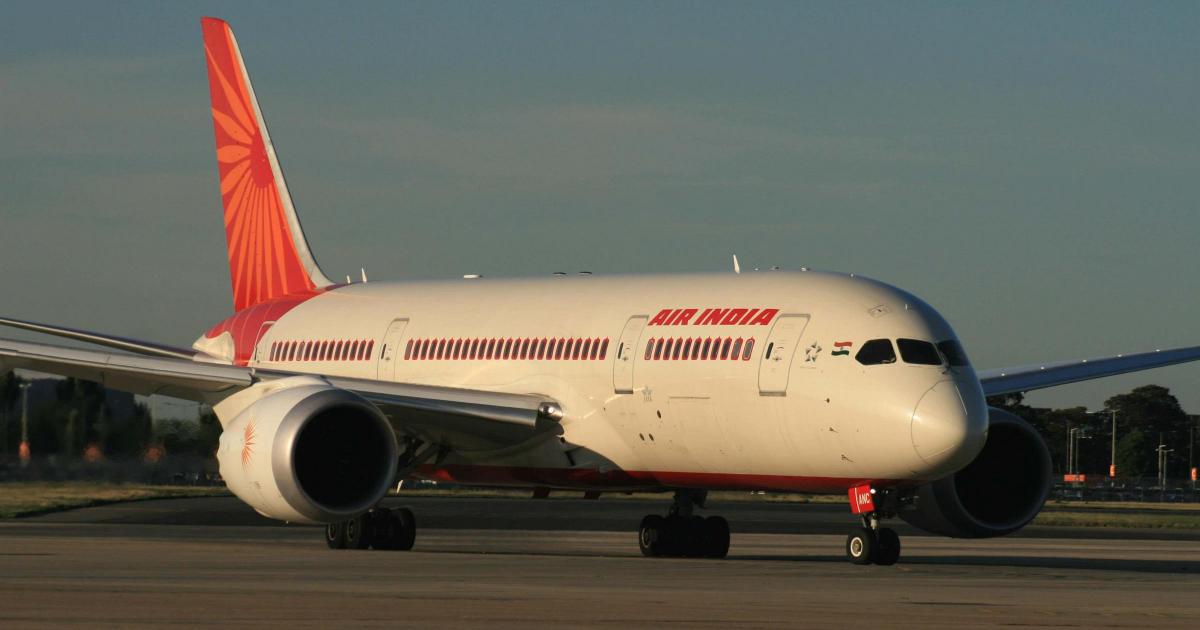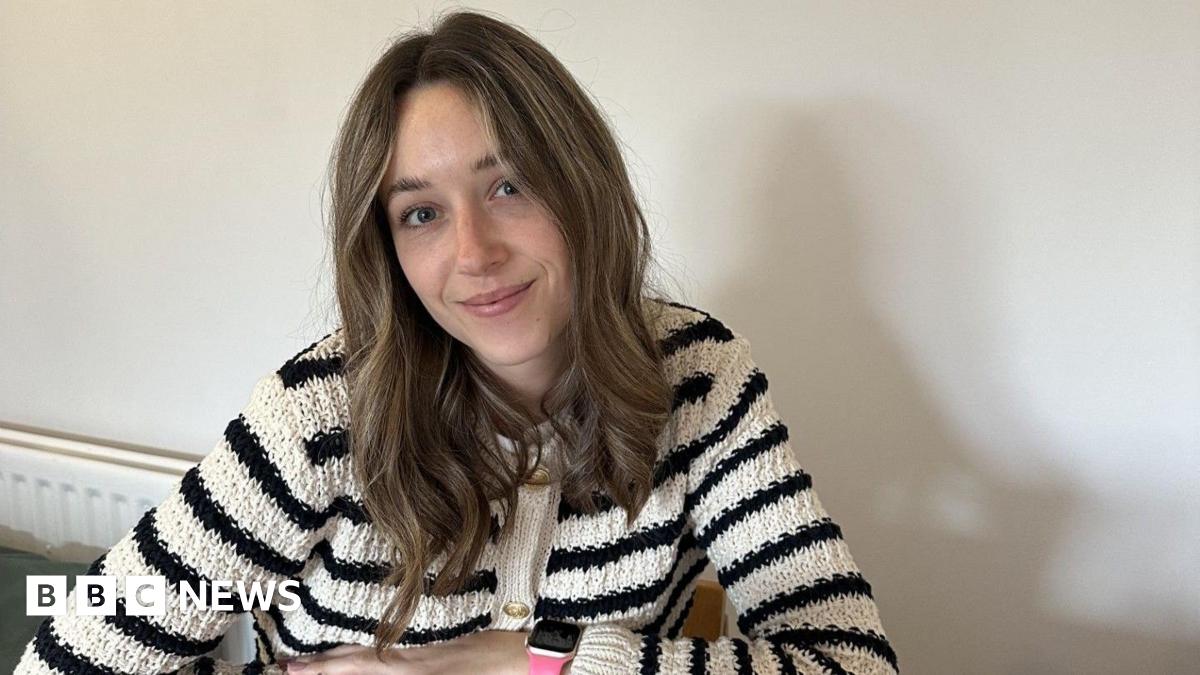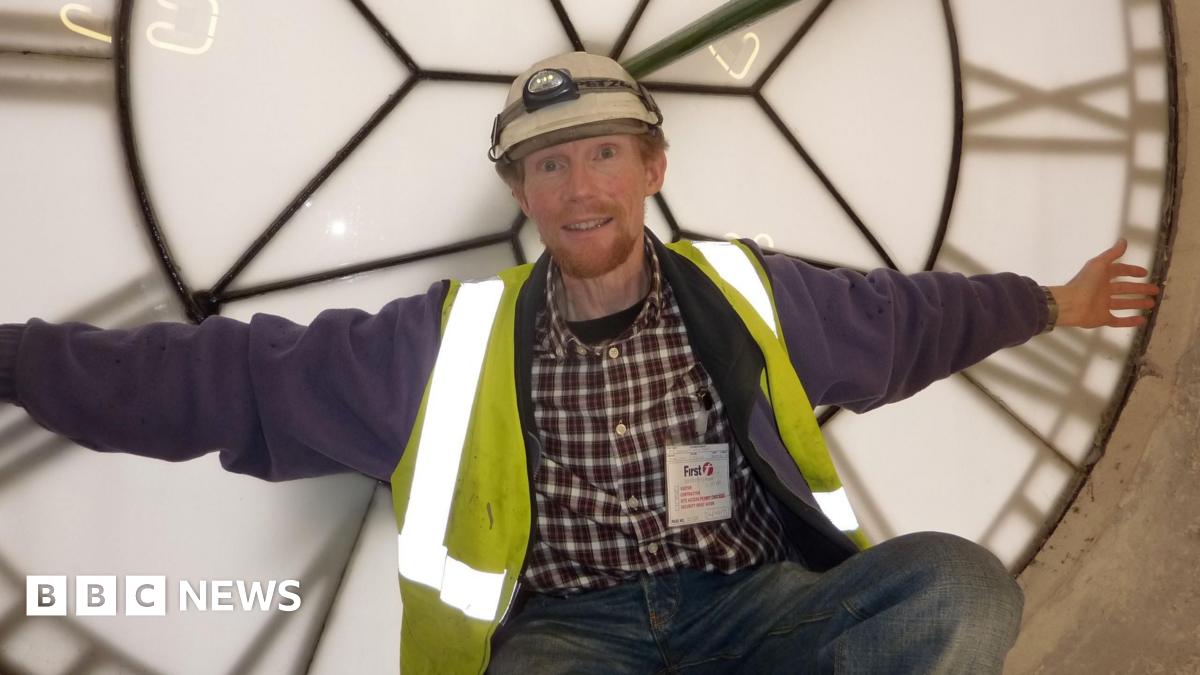The London-bound Boeing 787 Dreamliner crashed into a medical college shortly after taking off from Ahmedabad Airport on June 12, killing 241 people on board.
Some 169 Indian passengers and 52 British nationals were killed, making it one of the deadliest plane crashes in terms of the number of British fatalities.
Among the British victims were Fiongal Greenlaw-Meek, 39, and his husband Jamie, 45, who had been returning to Britain after celebrating their wedding anniversary in India.
Mr Greenlaw-Meek’s mother, Amanda Donaghey, told The Sunday Times she flew to India after the crash in order to find her son’s remains, providing a DNA sample at Ahmedabad’s Civil Hospital to assist the identification process.
Following a match on June 20 last year, she returned to the UK with Mr Greenlaw-Meek’s coffin.
But on July 5, as Mr Greenlaw-Meek and his husband’s families prepared to bury the married couple together, police told Ms Donaghey that DNA tests carried out in the UK showed Mr Greenlaw-Meek’s remains were not in the coffin.
“We don’t know what poor person is in that casket,” she told The Sunday Times.
“I had my doubts but to be told that was heartbreaking.
“This is an appalling thing to have happened,” she added.
“And we would now like the British Gvernment to do everything in its power to find out, and bring Fiongal home.”
It was revealed last week the coffin of another repatriated British victim, 71-year-old Shobhana Patel, contained remains of multiple people, The Sunday Times reported.
Mrs Patel was killed alongside her husband Ashok, 74, as they returned to the UK from a Hindu religious trip.
Their son Miten Patel told The Sunday Times: “There may have been a mistake done.
“But for religious reasons we need to make sure my mother is my mother and not somebody else’s remains.
“Knowing 100% that it is my mum is very important to us.”
Shobhana and Ashok Patel were laid to rest last week, The Sunday Times said.
International aviation lawyer James Healey-Pratt, whose firm Keystone Law is representing families of victims of the Air India crash, has told Times Radio the identification issues have raised concerns over the total number of victims whose identities may have been misattributed.
“We know that 12 caskets were repatriated from India to the UK,” he said.
“Of those 12, two had been mishandled, misidentified.
“And so if you extrapolate that sample, you’re looking at 40 mishandled remains out of 240.
“So that’s a very large number, but we simply don’t know.
“And to date, the Indian authorities have not been transparent or helpful about that, which is why there was pressure put on by the families to the FCO and the Prime Minister’s office.
“And this was actually mentioned in the meeting at Chequers between Keir Starmer and Prime Minister Modi on Thursday.
“So the families are waiting to hear, first thing next week, about what actions are really being done in India to provide some degree of assurance.”
It is understood no blame is being put on any UK agency for the blunders, Mr Healy-Pratt previously told the PA news agency.
The only surviving passenger on the plane was Briton Vishwash Kumar Ramesh, who previously told The Sun it was a “miracle” he was alive but felt “terrible” he could not save his brother Ajay.
A preliminary report into the incident from India’s Aircraft Accident Investigation Bureau found both of the plane’s fuel switches moved to the “cut-off” position “immediately” after take-off, stopping fuel supply to the engine.
It has sparked questions over whether the crash was deliberate.


